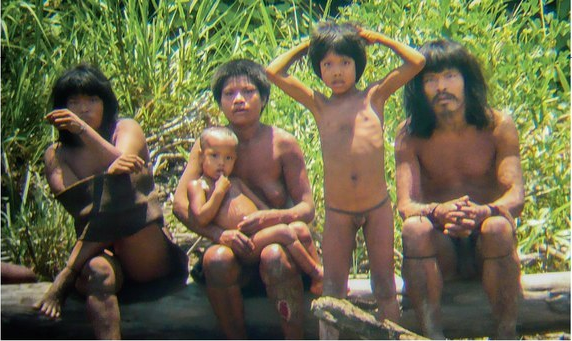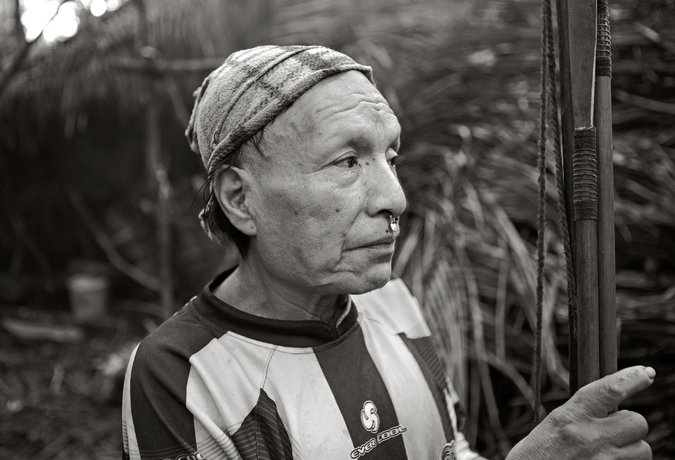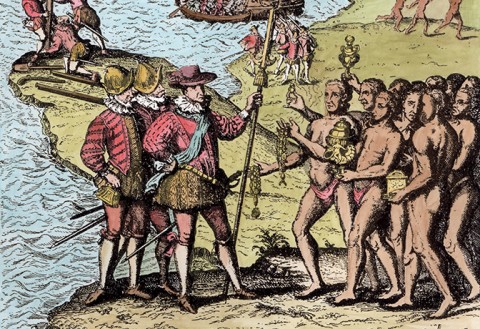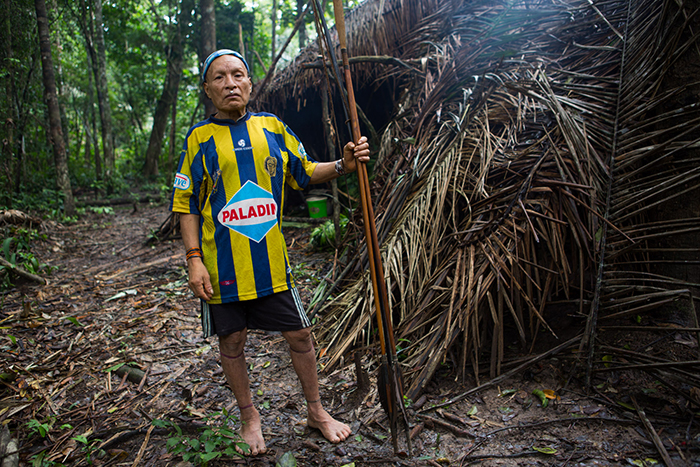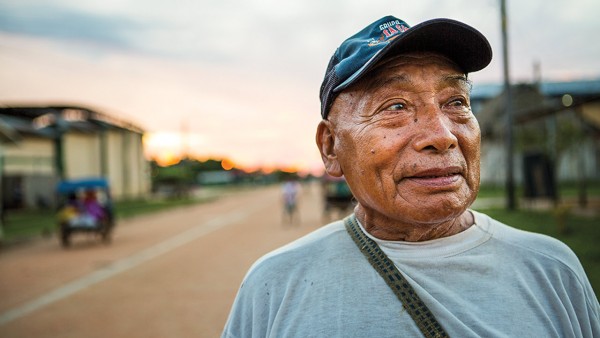Project June 4, 2015
From Paradise to Peril: The Amazon's Isolated Tribes
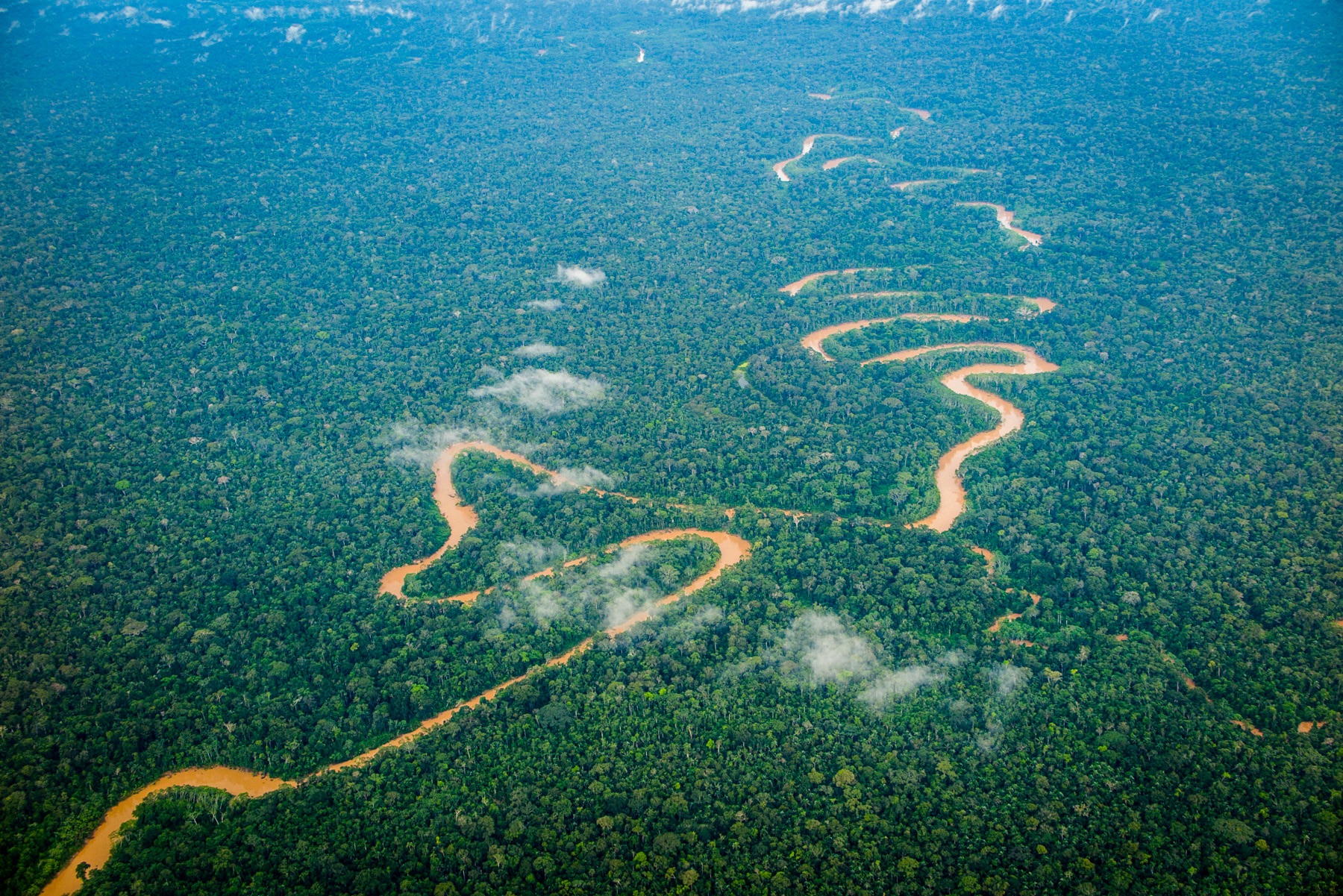
Braided with rivers and blanketed in dense jungle, the remote borderlands of Peru and Brazil are home to the world's last large concentration of isolated societies. Dozens of isolated Amazon tribes reside in this emerald wilderness, but their seclusion is rapidly ending. In addition to illegal loggers, miners and settlers, Peruvian drug traffickers are pushing in to build coca processing camps to supply the world's second largest consumer of cocaine: Brazil. Tribespeople have been shot and killed.
In the last eighteen months alone, three isolated groups have made contact with Brazilian officials. One of these reported violent attacks from non-indigenous men in a border area frequented by drug smugglers. But seeking help is perilous, too, because tribes possess little immunity to Western pathogens. A year ago, one of the newly contacted groups contracted an acute respiratory infection and retreated into the forest, raising concerns that they were carrying the virus with them. Fortunately no one died. And in Peru, isolated peoples of the Amazon last fall made coordinated raids on villages.
Observers predict more and more such contacts in the next few years, as drug traffickers and others flood the borderlands. Anthropologist Kim Hill of Arizona State University calls this a disaster in the making, "because nobody is making a plan."
This collision of cultures may all be over in a few years. This reporting explores what is happening on the ground in the remote Amazon region, how Peruvian and Brazilian officials are currently handling the situation, and what steps governments can take to make first contact safer for these endangered people.


